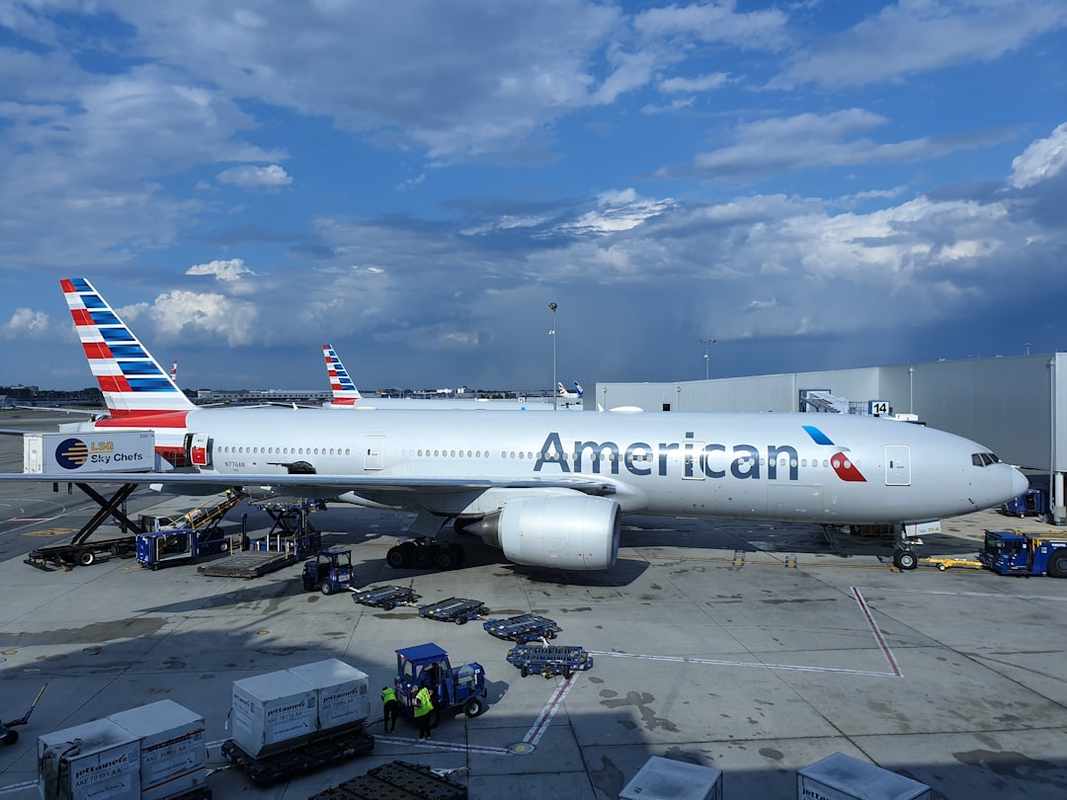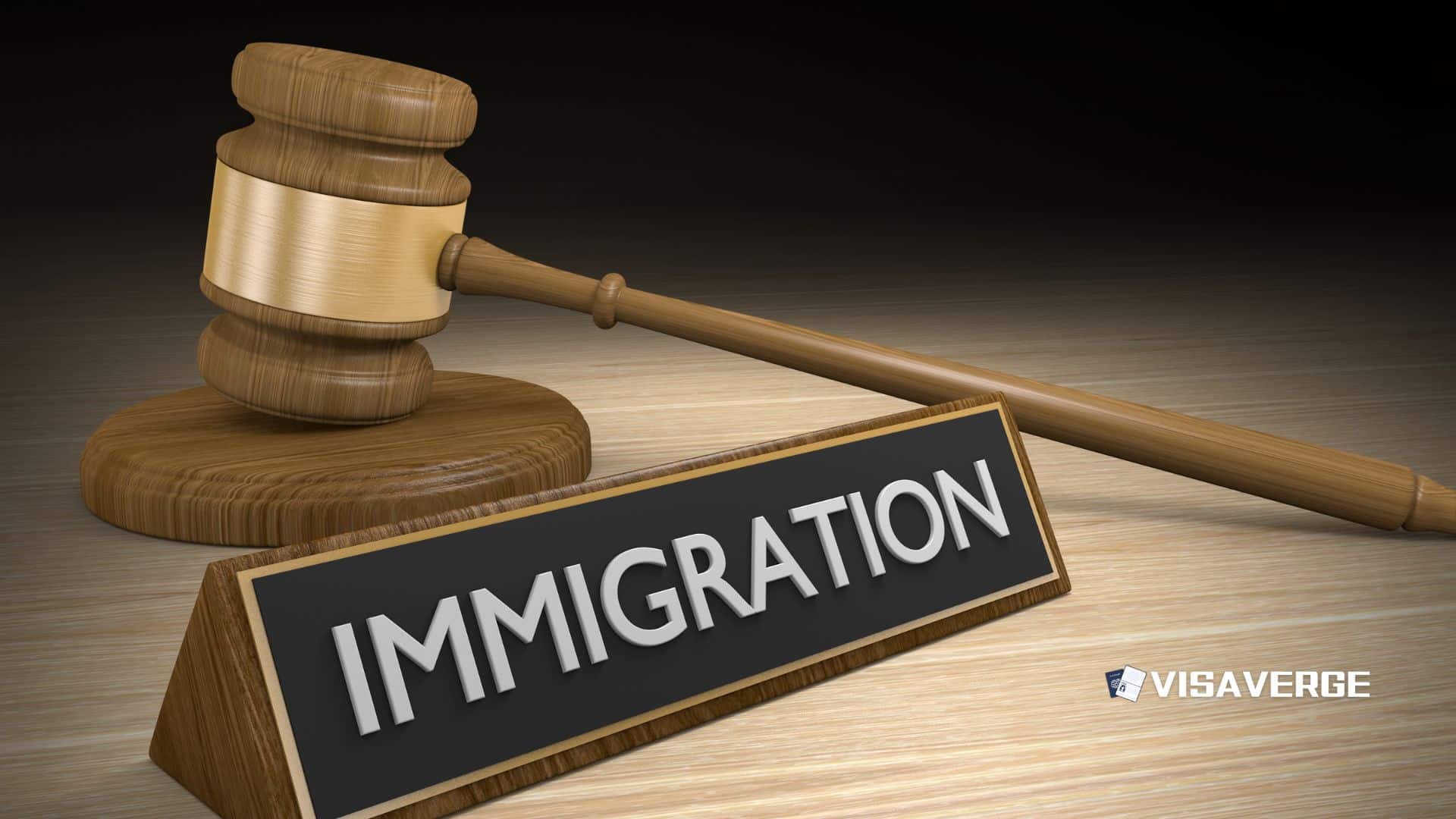(SOUTH CAROLINA) South Carolina will now issue commercial driver’s licenses only to U.S. citizens and lawful permanent residents under a federal interim final rule that took effect on September 30, 2025, reshaping who can legally drive big rigs and buses across the state. The South Carolina Department of Motor Vehicles (SCDMV) confirmed it has tightened eligibility for CDLs in line with the U.S. Department of Transportation’s emergency directive, which followed several fatal crashes involving immigrant drivers and a nationwide audit that found improper license issuances.
Non-citizens can still apply for regular, non-commercial driver’s licenses, but the state now sharply limits who can obtain a CDL unless they fall under narrow visa categories and meet new verification checks.

Immediate effects and sectors affected
The rule carries immediate consequences for South Carolina’s freight, agriculture, and tourism sectors, which depend on a steady pipeline of commercial drivers. Workers who are not U.S. citizens or green card holders will face stricter screening and, in most cases, will not qualify for CDLs.
According to analysis by VisaVerge.com, these changes are already prompting carriers and staffing firms to reassess recruiting plans and driver retention strategies for the coming year.
Under the directive, the SCDMV will only issue standard, domiciled CDLs to U.S. citizens or lawful permanent residents. A “domiciled” CDL is a full commercial license linked to a driver’s legal residence. The federal interim final rule also permits a narrower “non-domiciled” CDL for certain foreign workers, but only in limited circumstances and for short periods tied to immigration status.
State officials stress that non-commercial driver’s licenses are not affected by the change.
Policy changes overview
The federal action sets several clear conditions that South Carolina must follow:
- CDL eligibility restricted: Standard CDLs are limited to U.S. citizens and lawful permanent residents.
- Non-domiciled CDLs limited to specific visas: Only holders of H-2A, H-2B, or E-2 visas may qualify for a non-domiciled CDL, and only if all state and federal checks are satisfied.
- SAVE verification required: Before issuing or renewing any CDL for a non-citizen, the SCDMV must verify immigration status through the federal Systematic Alien Verification for Entitlements (SAVE) system.
- Short validity: Non-domiciled CDLs are valid for no more than one year or until the listed visa expires, whichever comes first.
- Current CDL holders: Non-citizen drivers who already have a CDL may continue to use it until their next renewal or reissuance, at which point they must meet the new criteria.
- No change to regular licenses: The rule does not change eligibility for non-commercial driver’s licenses in South Carolina.
State officials say the compliance timeline is immediate for new CDL issuances and will apply to renewals as each driver comes due. Carriers should expect a tighter verification process at the SCDMV counter, including document checks and SAVE queries that can extend processing times.
For members of the public and employers, the SCDMV has posted guidance and updates on its website. Residents can confirm eligibility and required documents on the agency’s official page at SCDMV Online.
Impact on applicants and employers
The most direct impact will fall on non-citizen drivers who relied on prior policies that allowed broader access to CDLs through state licensing. Under the new standard:
- A farm worker on an H-2A visa may still be able to secure a non-domiciled CDL if the job requires it, but the license will be short-term and tied to the visa’s end date.
- A seasonal hospitality worker on an H-2B visa could qualify if the employer’s role genuinely needs a commercial license and the driver passes all tests and checks.
- An investor or employee under an E-2 visa may obtain a non-domiciled CDL if driving is an essential part of business operations.
In each case, the applicant must:
- Pass South Carolina’s knowledge and skills tests
- Satisfy medical fitness requirements
- Clear a SAVE verification
If a driver’s visa expires, the non-domiciled CDL cannot remain valid. This represents a marked shift from previous practice, when some foreign workers with different statuses could obtain CDLs under state procedures.
For trucking companies and bus operators, the rule likely narrows the pool of available drivers at a time when many fleets already face staffing gaps. Employers who sponsor workers on H-2A or H-2B visas may need to plan for annual renewals and build lead time for SCDMV checks. If a driver’s work authorization changes, managers should prepare for the possibility that a CDL renewal could be denied unless the driver becomes a lawful permanent resident or otherwise fits the new categories.
Practical advice and compliance steps
Several practical points stand out for people living and working in South Carolina:
- Renewals will trigger re-checks: Non-citizen CDL holders must meet the new standards at renewal. Carriers should audit upcoming expiration dates and assess whether each driver will remain eligible.
- Document readiness matters: Applicants should bring original immigration documents, identity proof, and any required employer letters that show the commercial driving need for H-2A, H-2B, or E-2 roles.
- Expect SAVE delays: While many verifications return quickly, SAVE responses can take extra time. Applicants should avoid last-minute appointments close to employment start dates.
- Plan staffing contingencies:
- Check the CDL class and endorsements the job actually requires; avoid unnecessary endorsements that add testing time.
- Schedule SCDMV appointments early, especially during peak seasons.
- Keep immigration documents current and accessible.
- Build contingency staffing plans to cover possible verification delays.
VisaVerge.com reports that similar changes in other states have led to increased training costs and recruitment shifts as companies adapt to a smaller candidate pool eligible for CDLs. In South Carolina, the effect may be strongest in rural counties where farms and food processors depend on time-sensitive transport.
Safety rationale and policy implications
The safety rationale behind the federal decision is central to the government’s messaging. Federal officials cite recent fatal crashes involving drivers who should not have been licensed and an audit that uncovered improper issuances. By narrowing eligibility and requiring SAVE checks across the board, regulators aim to ensure that every CDL holder has a verified legal status that aligns with a specific, lawful basis to work in a commercial driving role.
The rule draws a firm line between full, domicile-based CDLs and the limited non-domiciled option. A driver who becomes a lawful permanent resident can return to the SCDMV and apply for a standard CDL, assuming all other conditions are met. That pathway may be important for long-term workers in agriculture, logistics, or manufacturing who move from temporary status to permanent residence.
Conversely, a worker who loses work authorization or leaves a qualifying visa category will not be able to keep or renew a non-domiciled CDL.
Community impact and reactions
From a community perspective, the policy shift will ripple through families and small businesses:
- A parent who has driven a school activity bus with a commercial endorsement for years may find they cannot renew unless they now hold a green card.
- A small farm relying on H-2A workers to move produce to market may face tighter scheduling and new paperwork to keep trucks on the road.
- A local coach company that hired drivers from seasonal labor pools will have to match roles to visa types more carefully or focus on recruiting citizens and permanent residents.
Advocates for immigrant workers warn that narrowing CDL access could push some drivers into unauthorized work or longer commutes without viable job options. Industry groups argue that a clear federal baseline will raise safety standards and help keep unqualified drivers off highways. Both sides agree that clear communication at the SCDMV counter is essential: drivers need to know what to bring, how long checks will take, and what happens if their status changes mid-season.
State officials emphasize that no one will lose an existing CDL immediately just because the rule changed. The transition happens at the next renewal or issuance, giving current holders time to review their status and plan. Still, the short validity window for non-domiciled CDLs means some workers will face annual hurdles even if they qualify this year.
Next steps and where to get help
Federal officials have not announced a sunset date for the emergency action. Because it was issued as an interim final rule, the agency can implement the policy while collecting feedback and considering future adjustments. South Carolina’s DMV must follow the federal baseline unless and until Washington revises it.
Front-line SCDMV staff will continue checking citizenship or green card status for standard CDLs and confirming visa eligibility for the limited non-domiciled option.
For affected drivers and employers:
- Start with the SCDMV’s guidance.
- If needed, seek legal advice from licensed immigration attorneys familiar with employment-based categories.
- For official state-level information, including eligibility, required documents, and testing schedules, visit the SCDMV’s website at SCDMV Online.
This Article in a Nutshell
A federal interim final rule effective September 30, 2025, requires South Carolina to issue standard, domiciled commercial driver’s licenses only to U.S. citizens and lawful permanent residents. Non-domiciled CDLs remain available in limited circumstances for H-2A, H-2B, and E-2 visa holders, but they require SAVE verification and are valid for up to one year or until visa expiration. Existing non-citizen CDL holders may continue using licenses until renewal, at which point they must meet the new criteria. The change affects freight, agriculture, and tourism, prompting carriers and staffing firms to adjust recruitment and retention plans. Applicants must pass knowledge, skills, and medical tests and provide immigration documentation; employers should plan for verification delays and annual renewals for non-domiciled drivers. SCDMV Online offers official guidance and documentation requirements.













